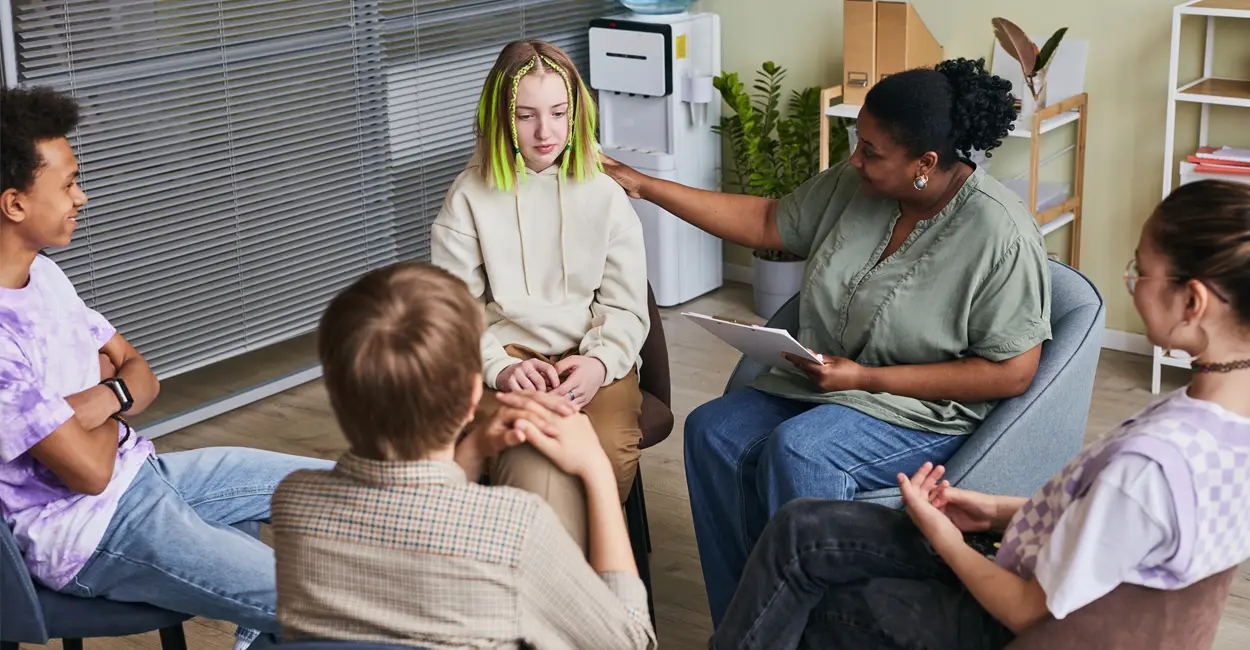24/7 Helpline:
(866) 899-221924/7 Helpline:
(866) 899-2219
Learn more about PTSD Treatment centers in Findlay
PTSD Treatment in Other Cities

Other Insurance Options

Sutter

Lucent

Health Partners

WellCare Health Plans

PHCS Network

Amerigroup

BHS | Behavioral Health Systems

Medical Mutual of Ohio

Multiplan
Beacon

Evernorth

Holman Group

Health Net

Humana

Anthem

Horizon Healthcare Service

Highmark

Choice Care Network

UnitedHealth Group

Aetna


































































































































































